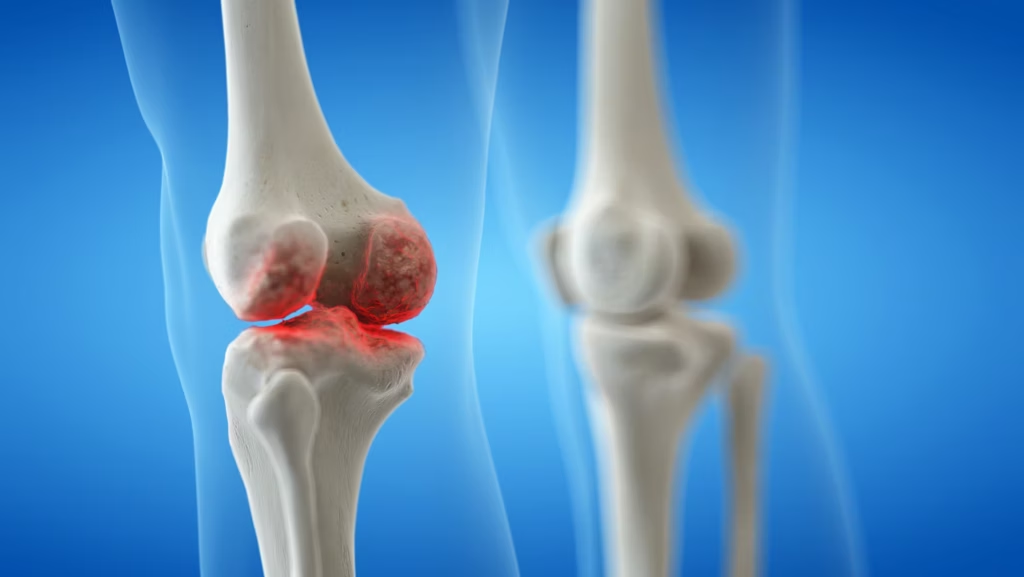Search Results
Showing Results for treatment

Metabolic dysfunction-associated steatohepatitis (MASH) is a progressive liver disease driven by fat build-up and immune activation, often linked to obesity and diabetes. Emerging therapies target both metabolic and immune pathways, showing promise in reducing inflammation, improving liver function, and reversing fibrosis. These advances offer hope for better management of this complex disease.

The American College of Gastroenterology’s 2025 Crohn’s disease guidelines introduce key advancements in personalized care, diagnostics, and treatment. Highlights include genetic testing to guide therapy, adoption of intestinal ultrasound for non-invasive monitoring, and the inclusion of new biologics. Emphasizing shared decision-making and holistic care, the guidelines aim to improve outcomes by tailoring strategies to each patient’s unique profile and preferences.

In this interview, EASL Secretary General Professor Debbie Shawcross discusses the growing burden of liver disease across Europe and the urgent need for early diagnosis, equitable care, and patient-centred approaches. She highlights how EASL is tackling these challenges through education, research, advocacy, and initiatives that bridge innovation and clinical practice to improve outcomes in hepatology.

RGB-19 Matches Tocilizumab in Efficacy and Safety: Promising Phase III Data from RA Biosimilar Trial
In this EULAR 2025 interview, Professor Ernest Choy (Cardiff University School of Medicine, UK) discusses the Phase III trial results of RGB-19, a proposed biosimilar to tocilizumab, in adults with active rheumatoid arthritis. He outlines the study’s design, key efficacy and safety findings, and the potential impact of biosimilars like RGB-19 on improving access to biologic therapies.

At EULAR 2025, Dr Marina Magrey presented week 52 data from the BE MOBILE 1 and 2 trials, highlighting comparable efficacy of bimekizumab in male and female patients with axial spondyloarthritis. Despite baseline sex differences in symptom duration and disease burden, over 50% of patients achieved ASAS40, supporting bimekizumab’s effectiveness across both radiographic and non-radiographic axSpA.

As part of our EULAR 2025 coverage, Dr Dinesh Khanna discusses early findings from the Breakfree-1 trial investigating BMS-986353, a next-generation CD19 CAR T-cell therapy, in severe, treatment-refractory autoimmune diseases. In this exclusive interview, Dr Khanna explores the rationale, mechanism, and encouraging early results in systemic sclerosis, highlighting robust CAR T expansion, immune reset, and meaningful clinical improvements in skin and lung outcomes.

Watch consultant immunologists Dr Dalm and Dr Chandra outline what APDS is, the common features of this disease and option for diagnosis, treatment and management.
APD-INT-2024-0060 Date of Preparation: June 2025

The Phase II ARGO trial evaluated the IL-17A and IL-17F inhibitor sonelokimab in psoriatic arthritis, showing promising clinical efficacy and significant improvements in patient-reported outcomes (PROs). In this interview, Prof. Laure Gossec highlights how sonelokimab reduced disease burden and improved quality of life, emphasizing the importance of PROs in assessing treatment effectiveness and guiding future development.

This interview with Dr Brian Jaros, part of our Future Leaders series, highlights his journey into vasculitis, his passion for medical education, and his outlook on the evolving landscape of rheumatology. He shares insights on mentorship, research, and the importance of leading with enthusiasm to inspire the next generation of clinicians.

As part of our Future Leaders series, we spotlight Dr Sonali Bracken, a physician-scientist at Duke University advancing rheumatologic care through cutting-edge research on B cells in autoimmunity. Recently awarded the 2024 ACR Distinguished Fellow Award, Dr Bracken shares insights into her path, research focus, and the emerging therapies poised to transform patient outcomes.

As part of our coverage of DDW 2025, we speak with Dr Florian Rieder about the STENOVA trial evaluating AGMB-129 in fibrostenosing Crohn’s disease. He discusses the rationale behind targeting the TGF-β pathway, the trial design, and promising interim findings suggesting localized efficacy and improved stricture symptoms without systemic toxicity.

In this interview with Dr. Stuart Silverman, we discuss his WCO-IOF-ESCEO 2025 presentation on the clinical utility of bone turnover markers (BTMs) in osteoporosis care. BTMs such as s-CTX and s-PINP, standardized by the IOF-IFCC, provide insights into bone remodelling, support treatment monitoring, guide therapy adjustments, and help personalize drug holidays, though they complement rather than replace traditional diagnostic tools.

In this episode, we explore the future of continuing medical education (CME) with the team behind touchIME. Hannah Fisher and Matthew Goodwin share insights into global and US trends, the importance of patient inclusivity and how educational outcomes are evolving to better measure the direct impact of learning on clinical practice and patient care.

Nominated Future Leader, Dr Tom Appleton, shares insights into his career, osteoarthritis research, and the role of immunology in shaping future OA treatments. In this interview, Dr Appleton discusses the importance of early intervention, the impact of synovial macrophage dysfunction, and emerging therapies that could revolutionize rheumatology. His work bridges clinical care and research to drive innovation in osteoarthritis management and autoimmune disease.

In the interview, Dr Paul Pockros discusses his presentation from DDW 2025 on the SPRING study (NCT04595825), which evaluated CM-101, a novel anti-CCL24 monoclonal antibody, in adults with primary sclerosing cholangitis (PSC). With no FDA-approved treatments for PSC, CM-101 showed promising safety, tolerability, and biomarker improvements over 48 weeks, supporting advancement to phase 3 trials.

Osteoarthritis is increasingly recognised as a heterogeneous disease with diverse clinical phenotypes and molecular endotypes. In this expert Q&A, Professor Ali Mobasheri discusses how precision medicine—through clinical phenotyping and molecular endotyping—can guide targeted therapies, accelerate the development of disease-modifying treatments, and transform OA management into a personalised, proactive approach that improves patient outcomes.

At the 2025 WCO-IOF-ESCEO congress, Professor Philip Conaghan presented the safety and efficacy findings from the phase 2 study of LEVI-04 for the treatment of adults with knee osteoarthritis. LEVI-04 is a first-in-class, NT-3 inhibitor, which works by targeting the inflammatory pathways involved in joint degeneration and selectively inhibiting pro-inflammatory cytokines.
Latest articles videos and clinical updates - straight to your inbox
Log into your Touch Account
Earn and track your CME credits on the go, save articles for later, and follow the latest congress coverage.
Register now for FREE Access
Register for free to hear about the latest expert-led education, peer-reviewed articles, conference highlights, and innovative CME activities.
Sign up with an Email
Or use a Social Account.
This Functionality is for
Members Only
Explore the latest in medical education and stay current in your field. Create a free account to track your learning.


